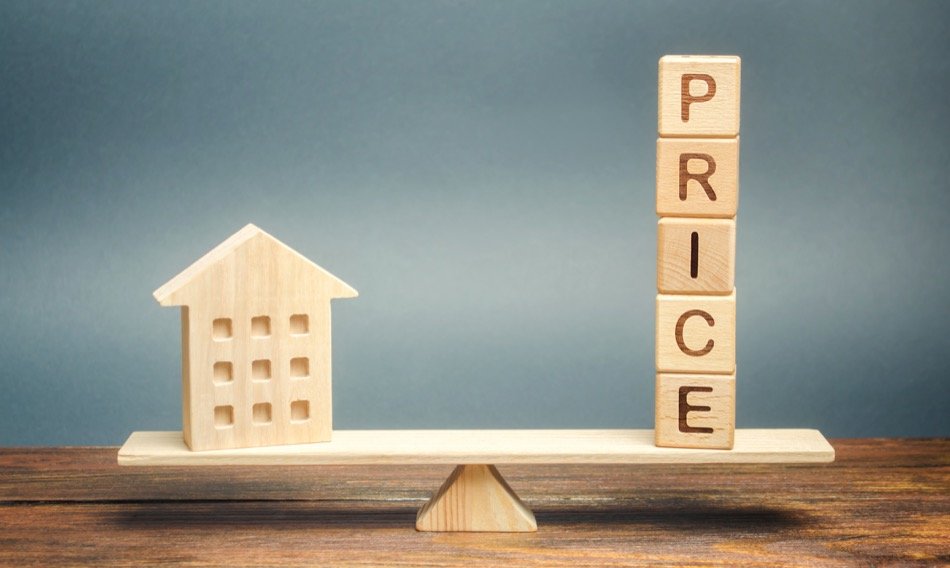Considering Under- or Over-Pricing a Home? Know This First
Posted by Justin Havre on Thursday, February 11th, 2021 at 9:52am.
 Listing a home close to its realistic value is absolutely vital in any home-selling strategy. Experts in the industry claim that pricing a home for sale is the most common aspect of the process where sellers make errors. This is why getting an experienced real estate professional who can properly evaluate and price your home competitively is so essential. Here are some considerations concerning over-pricing a home and under-pricing a home, along with the benefits of playing it smart by pricing it perfectly from the start.
Listing a home close to its realistic value is absolutely vital in any home-selling strategy. Experts in the industry claim that pricing a home for sale is the most common aspect of the process where sellers make errors. This is why getting an experienced real estate professional who can properly evaluate and price your home competitively is so essential. Here are some considerations concerning over-pricing a home and under-pricing a home, along with the benefits of playing it smart by pricing it perfectly from the start.
For informational purposes only. Always consult with a licensed real estate professional before proceeding with any real estate transaction.
Potential Outcomes When Over-Pricing a Home
It's only natural to want top dollar and big return on a home sale; however, this can result in huge setbacks. Statistically, asking too much off the bat typically results in more than 35 percent of sellers having to reduce the price in order to gain serious buyer interest. Often, sellers feel pressured to drop the price more than would have been necessary, had they just started out at a more realistic price.
After a couple of months on the market, the property can become stale, meaning no one's biting for one reason or another. At this point, sellers often have to deal with low-ball buyers who've been watching the home sit and smell a hint of desperation. Another point to keep in mind is that sellers with mortgages will be paying expenses while the home is listed—an issue that could cost more than any surplus reaped from getting a higher price point.
Under-Pricing a Home Could Work Out… Or Cost Sellers Big Bucks
A solid strategy to under-price a home might benefit sellers, but this tactic can work out to benefit buyers or both parties equally for a number of reasons. Savvy real estate professionals know how to situate pricing below the competition on highly desirable homes that have the potential to incite a bidding war.
The right time to take the strategy is in a buyer's market when there's an imbalance in supply and demand that gives buyers a sense of having the upper hand while getting the listing attention. Buyers who fall in love will battle it out urgently with other potential buyers and likely end up paying a price close to (or more than) what the sellers wanted to start with.
Bidding wars can have a downside if sellers get too covetous, which could shoo away buyers. After all, they eventually might grow weary of the constant back and forth and continually pitting against other buyers and look down the street at other options. That being said, under-pricing a home that needs repairs in lieu of dealing with seller concessions or making repairs can be a booster for a solid sale for both parties.
Not Getting Offers Within Two Weeks?
If no offers start coming in after about 10-14 weeks, a real estate professional will likely express concerns that the house will go stale on the market. Agents may ask sellers to set timeline boundaries as to when they'll come down on price so the house can incite interest. A pricing strategy needs to be discussed in situations where sellers plan to try to sell low or high to avoid losing money by holding out or shortchanging themselves.
Essentially, the bottom line is that listing an Elbow Park home at a price point that's comparable to others in the neighbourhood will reap the best results.
For informational purposes only. Always consult with a licensed real estate professional before proceeding with any real estate transaction.
